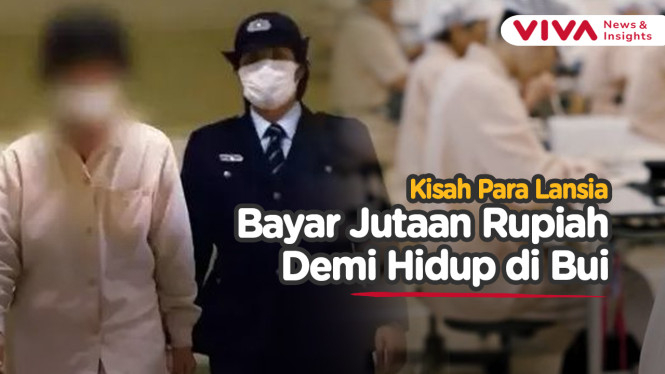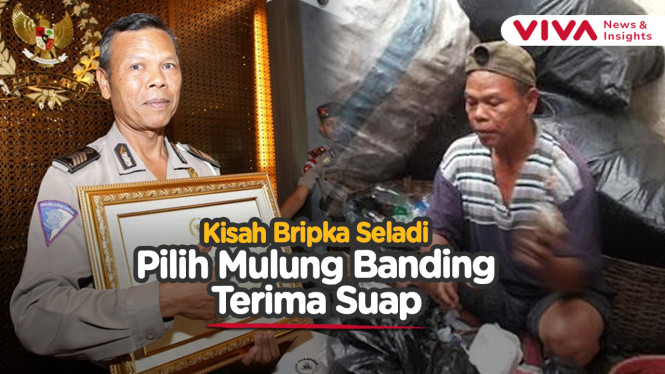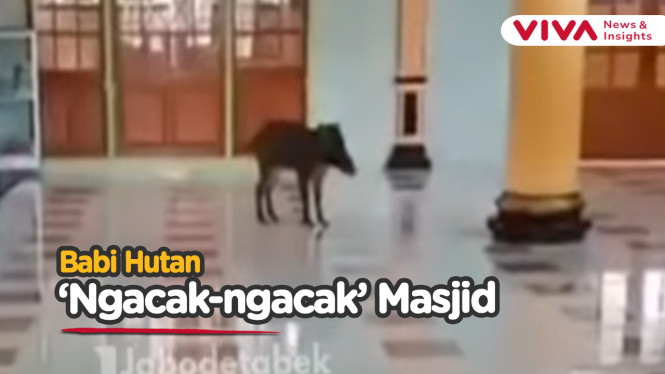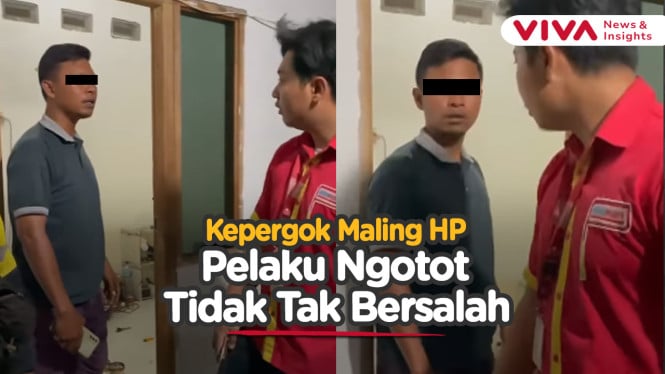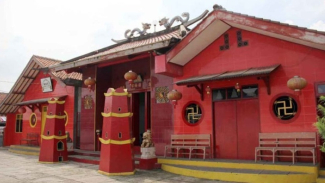VIVAnews - In November 1949, the Dutch military intelligence received report that Raymond Pierre Paul Westerling, former commander of the Dutch Special Troops had established a secret organization with around 500,000 followers, called Ratu Adil Persatuan Indonesia (RAPI). This organization has a military wing called Angkatan Perang Ratu Adil (APRA), headed by Westerling himself. With his followers, he stormed Bandung the city of Bandung. But the “23 January Coup” (Kudeta 23 Januari) as it was termed, was considered a failure.
Westerling then went into hiding in Jakarta. His wife, whom he had married in 1949, and his children joined him. He moved from place to place.
On 8 February 1950, Westerling’s wife met with Major General van Langen, who then held the position of Chief of Staff, in his home. Westerling’s wife told van Langen about the situation faced by her husband. That day itself van Langen contacted General Buurman van Vreeden, Hirschfeld and Mr. W.H. Andreae Fockema, State Secretary of the Dutch Cabinet who was in Jakarta.
The gist of the conversation was about rescuing Westerling, whom in the eyes of many Dutch nationals, is a hero. However, one day later, on 9 February Mohammad Hatta, then Indonesian Vice President, issued a statement saying that if the Dutch was successful in capturing Westerling, the Republic of Indonesia will demand for his surrender to the Indonesia.
Hirschfeld saw that it was not possible to help Westerling because if discovered, it would be of great embarrassment to the Dutch government. Thus he told the Dutch military officers to stand back from their plan to save Westerling.
However, on 10 February, Major General van Langen proceeded with the plan. On 16 February, a meeting took place in Westerling’s hideout. Westerling moved to another hideout. All of the Dutch high-ranking officers in Jakarta knew about or were involved in the conspiracy to hide and plan Westerling’s getaway, except for Hirschfeld. Andreae Fockema said that he would take full responsibility.
Later on a fake passport bearing the name ‘Willem Ruitenbeek’ born in Manila was made for Westerling. On 22 February, Westerling was brought to Singapore. Upon arrival, he contacted a friend of his, Chia Piet Kay, who had helped him before and immediately made plans to return to Indonesia.
However, the news about his escape was discovered and published by several news agencies, including Agence France Presse and later on the American weekly, Life.
On 26 February 1950, while at Chie Piet Kay’s home, Westerling was arrested by the British police and thrown into Changi prison.
The Dutch government was deeply embarrassed by this incident. HIrschfeld himself did not believe what had been circulating in the mass media. Everyone else denied any knowledge.
True to his word, Fockema immediately stated that he was the one responsible and that Hirschfeld had no knowledge.
Westerling could not be extradited to Indonesia. He was brought to Brussel, Belgium and later sneaked into the Netherlands. However, he was caught on 16 April 1952. Another extradition request by Indonesia was denied.
Westerling died in 1987.

